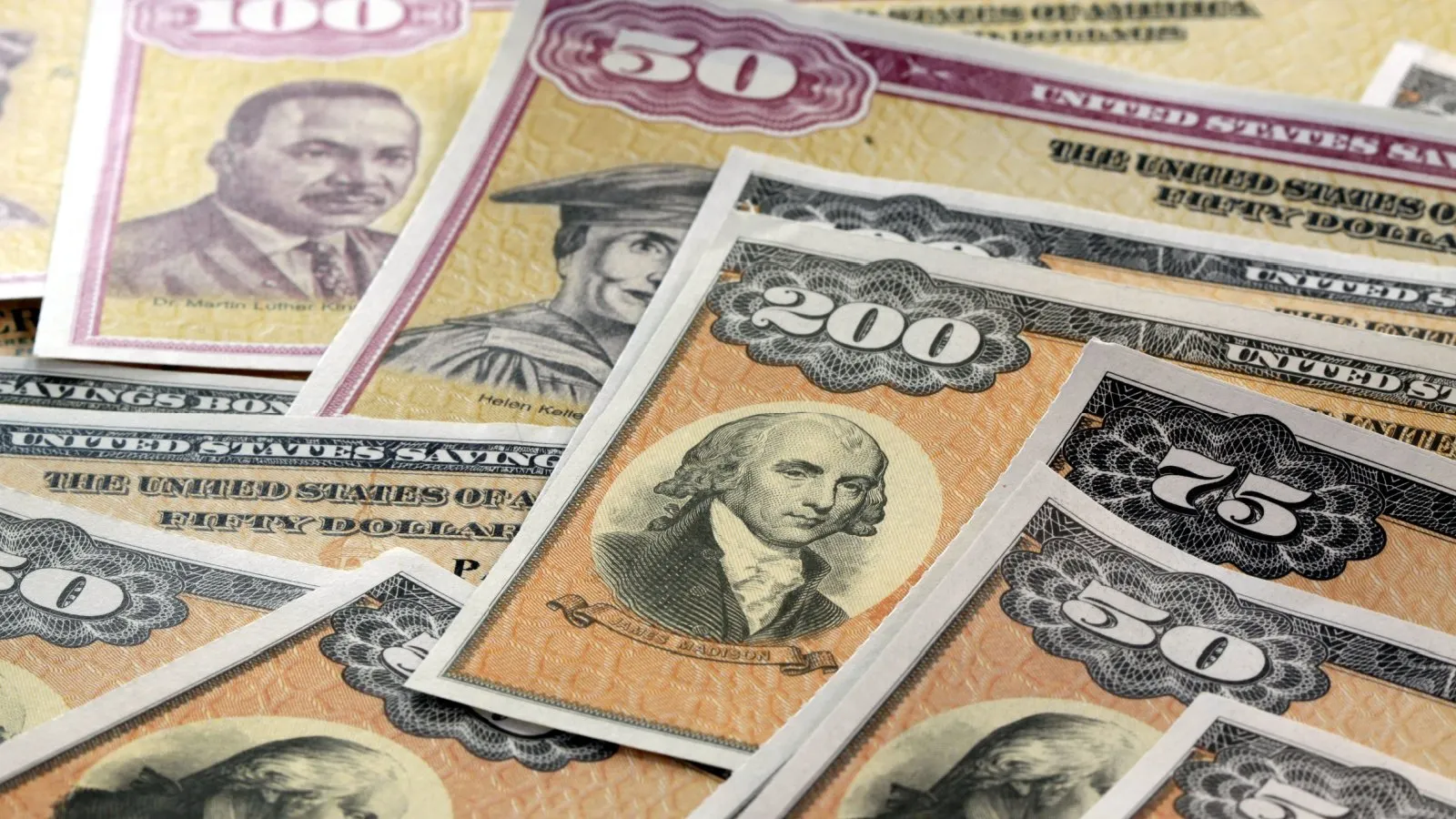President Donald Trump’s aggressive new tariff policy last week has sent markets reeling, with crypto investors feeling the pain after trillions of dollars were wiped from global stock indices.
On Monday, Bitcoin’s price recovered slightly after dropping below $75,000 during early morning trade. The crypto is hovering near $80,000, up 3% over the last 24 hours.
Still, more volatility is to come as investors try to navigate a new global economic order under Trump. Paying attention to the U.S. bond markets is key.
As pointed out by macro expert and crypto analyst Lynn Alden on X, bond yields on Monday jumped while the stock market plunged. But why should crypto investors or Bitcoiners care?
"It's a lot of things that are not explained with a simple narrative, Michael Lebowitz, portfolio manager at RIA Advisors, told Decrypt. "Likely, when people sold their stock, they didn't need the bond with the hedge anymore, so they sold the bonds too."
"I'm always very careful not to say, well, maybe China was selling, or maybe they think that tariffs are inflationary, because there's just so much volatility in these markets," he added.
When investors buy U.S. treasuries, they are paid a yield. As treasuries rise in high demand, the fixed income is lower; when the treasuries are not as sought after, the yield goes up.
Monday’s yield surge, particularly on the 10-year, meant demand for U.S. treasuries fell. This sometimes happens when investors sell treasuries to raise cash, a typical safe-haven, as other investments drop in price—in today’s case, stocks.
Typically, a rising yield signals expectations of stronger growth or higher inflation, while a falling yield often reflects flight to safety or a weaker economic outlook.
Market forces
Experts told Decrypt the rise in yields was a sign of harsher market forces at play, in particular, slow growth and expectations of higher inflation.
Amberdata’s Director of Derivatives, Greg Magadini, noted that Trump’s tariffs could become “direct contributors to inflationary forces.”
“There’s another more worrying risk—what if instead of merely experiencing a trade war, our international creditors protest [against] buying treasuries?” he said.
In other words, as other countries retaliate against Trump’s strict tariffs, they could sell off U.S. treasuries.
“Rising yields in the face of falling equities sends a clear message: The market thinks the Fed’s hands are tied,” Mike Cahill, CEO of Douro Labs, told Decrypt.
“If inflation proves stickier than expected, central banks may have no choice but to keep conditions tighter for longer,” adding that this was “not great for risk assets.”
Bitcoin and the broader crypto market have typically traded with other risk assets like tech stocks, and have done well in a low-interest rate environment.
While Bitcoin was trading down on Monday, its reaction to rising bond yields wasn’t as inverse as stocks.
Matthew Sigel, head of digital assets research at VanEck, told Decrypt that while 10-year Treasury yields surged on Monday, Bitcoin’s reaction was “notably subdued.”
“Unlike in 2022, rising yields did not trigger a wave of forced liquidations or volatility in crypto markets, suggesting that BTC may be decoupling from old macro sensitivities,” he added.
The decoupling narrative—that Bitcoin is not trading like tech stocks—has been circulating Crypto Twitter again lately. Could it be finally happening?
Edited by Sebastian Sinclair

